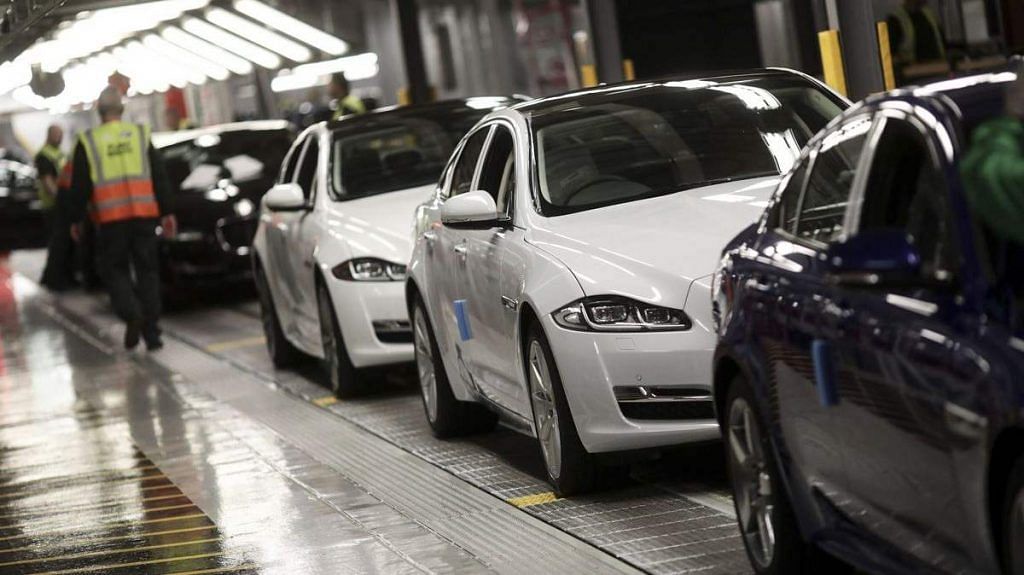New Delhi: Automobile firms should look to reduce royalty payment to their parent firms to cut costs rather than seeking a cut in the Goods and Services Tax (GST) rate, say sources in the finance ministry.
According to a ministry official, there is complete “policy certainty”, and tax rates on automobiles are lower in the GST regime than in the earlier indirect tax regime of excise duty and value added tax (VAT).
The suggestions came in response to an interview of a top official of Toyota’s local unit, Toyota Kirloskar, to Bloomberg this week in which the company official said that taxes in India were too high, making purchase of cars expensive for buyers.
The company official went on to say that the firm was halting its expansion plans in India since the high tax rates made it difficult to expand their scale in the country.
Automobiles are taxed at the highest tax slab of 28 per cent under GST. In addition, a GST cess is levied on passenger vehicles of upto 22 per cent. However, the rates remain lower than the 31-35 per cent tax rates prevalent in the pre-GST regime.
“GST rates on automobiles are less than what VAT and Excise duty rates used to be. India’s tax policy on automobiles has been quite consistent for the last three decades now in the form of allowing foreign investment and incentivising domestic manufacturing by providing reasonable protection from imports,” said the ministry official.
Instead of asking for reduction in GST rates, automobile companies should cut down their costs of manufacturing by cutting down the royalty payments to their parent companies abroad, the ministry official added.
Also read: Covid-19 lockdown blocks sale of more than Rs 6,000 crore-worth BS IV vehicles
Automobile sector facing slowdown even before pandemic
GST was implemented in July 2017, which subsumed a host of indirect taxes, including excise duty, VAT and entertainment tax.
Dismissing the contention that high tax rates are a demand dampener, ministry sources pointed out that other countries like the UK, Japan, and in those in the European Union have high tax rates.
They also said that many new firms have invested in setting up or expanding their manufacturing facilities in India such as Jeep, Kia Motors and MG Motors.
The Indian automobile sector had been facing a sharp slowdown prior to the pandemic.
In 2019-20, automobile sales contracted by 18 per cent led by a demand slowdown as well as financing problems due to the crisis in the non-banking finance space. The Covid-19 pandemic saw sales further plunge in the first few months of the current fiscal though August saw sales picking up.
The industry has been asking for a GST rate cut to revive demand for automobile sales.
Also read: Hit by Covid-19, China’s auto sector adopts novel ways to attract customers
